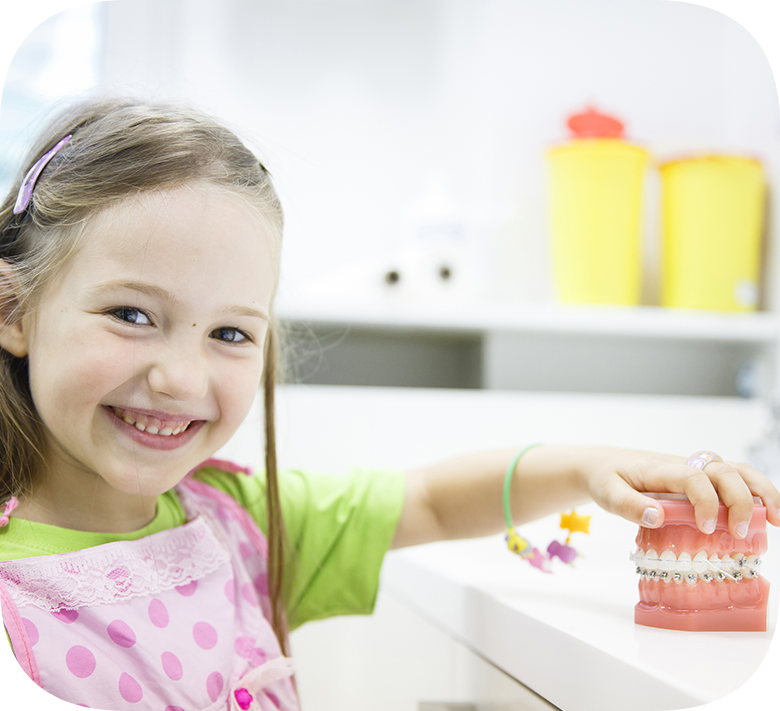What are the signs of teething?
What are the signs of teething?
Sleep disruption, moodiness, and restlessness
Putting in mouth everything taken in hands
Minor blisters around the mouth
Disturbances in eating habits
Increased drooling
Fever
How can we decrease the problems arising with teething?
After washing your hands, you can proceed to massage with your fingers the irritated gums. You can also decide to use gauze. Try to not put too much pressure to not cause damage to the gums. By putting a carrot into the fruit feeder you can decrease the baby’s itching and provide it with carrot juice.
Special cooling pacifiers filled with liquid may be a good solution in this period.
A number of medications in the form of gels or pomades may be suggested for children undergoing teething. Such a solution brings a short-term relief.
If the restlessness and sleep distortions become a major issue you can use a paracetamol-based painkiller after consultation with a paediatrician. In some children, a fever and flu-like symptoms may appear. In such situations, it is better to call your paediatrician.
When is the baby teeth eruption complete?
Already at childbirth, nearly all the deciduous teeth are developed even if hidden under the gums. In general, these teeth start to erupt or at least start being partially visible around the 6th month of life.
The time of eruption of the first tooth may vary from child to child. Generally, the first teeth to come in are the lower front teeth. Following them are four upper front teeth accompanied by two more lower teeth.
Afterwards, deciduous teeth start to slowly appear in the same time on both sides of the jaw. Your baby in its 24th month should have 20 deciduous teeth in its mouth.
Which babies run a bigger risk of having cavities: those eating baby formula or those drinking breastmilk?
Baby formula, compared to breastmilk, causes more cavities to appear. Therefore, it requires more attention to dental care if the baby has already teeth.
What does baby bottle tooth decay mean?
Baby bottle tooth decay is a cavity type, which starts in upper front teeth of the baby and quickly spreads to other teeth. It develops as a result of making babies/children sleep during breast/bottle feeding. Instead of the bottle itself, sugar-, honey-, molasses-rich milk, baby formula, or breastmilk cause the tooth decay.
All-night contact of teeth with sugary liquids leads to a quick tooth decay.
What problems are observed in babies with baby bottle tooth decay?
As a result of tooth decay, we can face the perspective of root canal treatment or teeth pulling.
What can be done to prevent the development of baby bottle tooth decay?
Do not allow your baby to sleep with the bottle full of sugary liquids (including milk, honey milk, baby formula etc.). There is no problem with it sleeping with a water-filled bottle.
After consulting your doctor, better stop feeding your baby with a baby bottle in its 12th-14th month.
Throughout the day, do not give your baby a bottle filled with anything else than water to calm it down.
Do not dip the baby’s pacifier in sugar or sweet liquids.
Do not add sugar to your baby’s food.
Clean your baby’s teeth and gums after every meal with wet material or a toothbrush.

